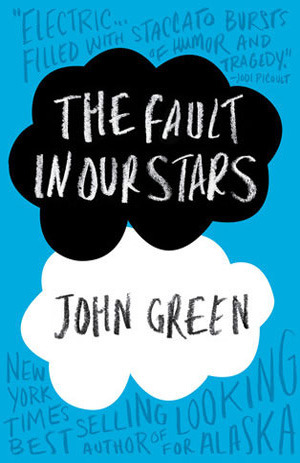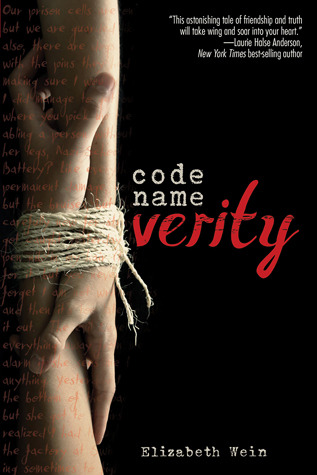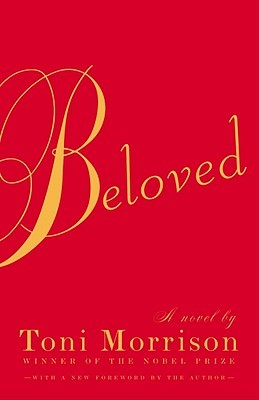 Late in the winter of my seventeenth year, my mother decided I was depressed, presumably because I rarely left the house, spent quite a lot of time in bed, read the same book over and over, ate infrequently, and devoted quite a bit of my abundant free time to thinking about death. Whenever you read a cancer booklet or website or whatever, they always list depression among the side effects of cancer. But, in fact, depression is not a side effect of cancer. Depression is a side effect of dying. (Cancer is also a side effect of dying. Almost everything is, really).
Late in the winter of my seventeenth year, my mother decided I was depressed, presumably because I rarely left the house, spent quite a lot of time in bed, read the same book over and over, ate infrequently, and devoted quite a bit of my abundant free time to thinking about death. Whenever you read a cancer booklet or website or whatever, they always list depression among the side effects of cancer. But, in fact, depression is not a side effect of cancer. Depression is a side effect of dying. (Cancer is also a side effect of dying. Almost everything is, really).The Fault in Our Stars is definitely my favorite John Green novel. It's so wise, and so funny, and so heartbreaking, and it's not full of obscenities unlike Will Grayson, Will Grayson. Here is what I said in my original, very short review: "I really enjoyed reading this novel. At times it was really sad, and at other times it was humorous. It is about Hazel, a sixteen year old with cancer. She is resigned to dying sometime in the near future, despite a tumor-shrinking medical miracle that has bought her a few years. But then, at the Cancer Support group she meets Augustus Waters, and finds herself drawn to him. Suddenly she does not want to die at all! It was a very thought-provoking book, and like I said, it had funny and sad moments. There is this fictional book, An Imperial Affliction, that both Hazel and "Gus" really love. The Imperial Affliction sounds like it would be an interesting book to actually read. Maybe John Green should write it under the pen name Peter Van Houten (the supposed author of the book.) It would be cool. But anyway, I loved this book. Hazel doesn't really want to get involved with Augustus because she knows that they will have no future, as she is probably going to die-she'd rather hurt him now than later with her death. But they do sort of get involved. It is a bittersweet kind of romance. It is a sad novel, but not without hope too, and I liked it, if not LOVED it."
My opinion of The Fault in Our Stars definitely has changed for the better since then. As you may or may not have noticed, I was reading a lot of Becky's reviews at that time, and my reviews were heavily influenced by her. Now, I think I've developed my own style.
At any rate, as I said this is by far John Green's best novel in my opinion. Looking For Alaska was good, but rough and not as well thought out. The Fault in Our Stars, his most recent novel, is amazing and lyrical, and I couldn't love it enough. Maybe such teenagers as Hazel and Augustus are not realistic, but I loved them. John Green has almost created this new character of teenager, who reads literature and discusses intellectual things but also does everything that teenagers are thought of as doing. And John Green is really good at writing about them. I've also recently started watching the Vlogbrothers from the beginning. I loved the idea of An Imperial Affliction too, and I wish somebody would write it. Though I don't think that's going to happen.
John Green is so eloquent, makes his points so clearly and simply. This is what makes The Fault in Our Stars all the more moving. Personally, I didn't find any of his other books that moving, but this one is. It packs some hard punches, and it doesn't soften any blows. I love the descriptions of the pseudo-sweetness that accompanies you whenever you have a serious illness like cancer. The way that people stare at you, and the semi-fake sympathy.
I also love how The Fault in Our Stars is and is not a cancer book. It's about more than that, but obviously, cancer is a key subject. There are so many amazing quotes and passages from the book, but I won't share them. Just read it yourself. There are different quotes that probably stand out to different people, but I would highly, highly recommend this amazing book.
Read The Fault in Our Stars:
- if you like John Green
- if you like bittersweet/heartbreaking romance

| Outstanding Book That Will Stay On My Bookshelf For Rereading (jf I own it)! |




















